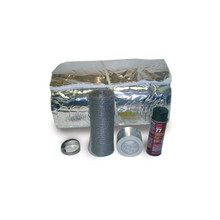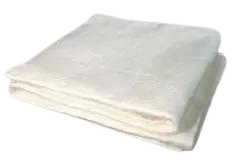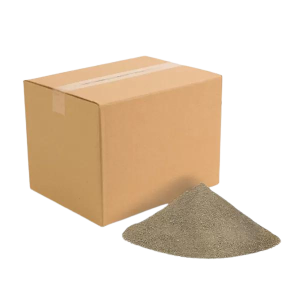Description
When do I need to insulate my chimney liner?
If you are relining your chimney for a Solid Fuel application it is necessary that you insulate the chimney liner with insulation wrap or pour-down mix insulation. In addition to a better running appliance, you get more protection against a chimney fire. You are not required to insulate your chimney liner if you are venting gas or oil, though it is always recommended. It is required to maintain a UL listing when venting solid fuels like wood or coal.
Why should I insulate?
When warm gases meet with a cold chimney liner or flue, condensation will form on the interior of the flue or liner. When the by-products of combustion meet with this condensation, as a result creosote is formed. Excessive creosote build-up is dangerous as it is very flammable and increases the risk of a chimney fire.
To guard against this condensation issue, insulating will keep the liner warmer throughout burn cycles. Less condensation will form, resulting in less creosote build-up. If you are venting for a gas appliance, you are not required to insulate though it won’t hurt if you do. If insulating for a solid fuel you should insulate with at least a 1/2in of insulation. Gas and Oil needs only a 1/4in of insulation.



